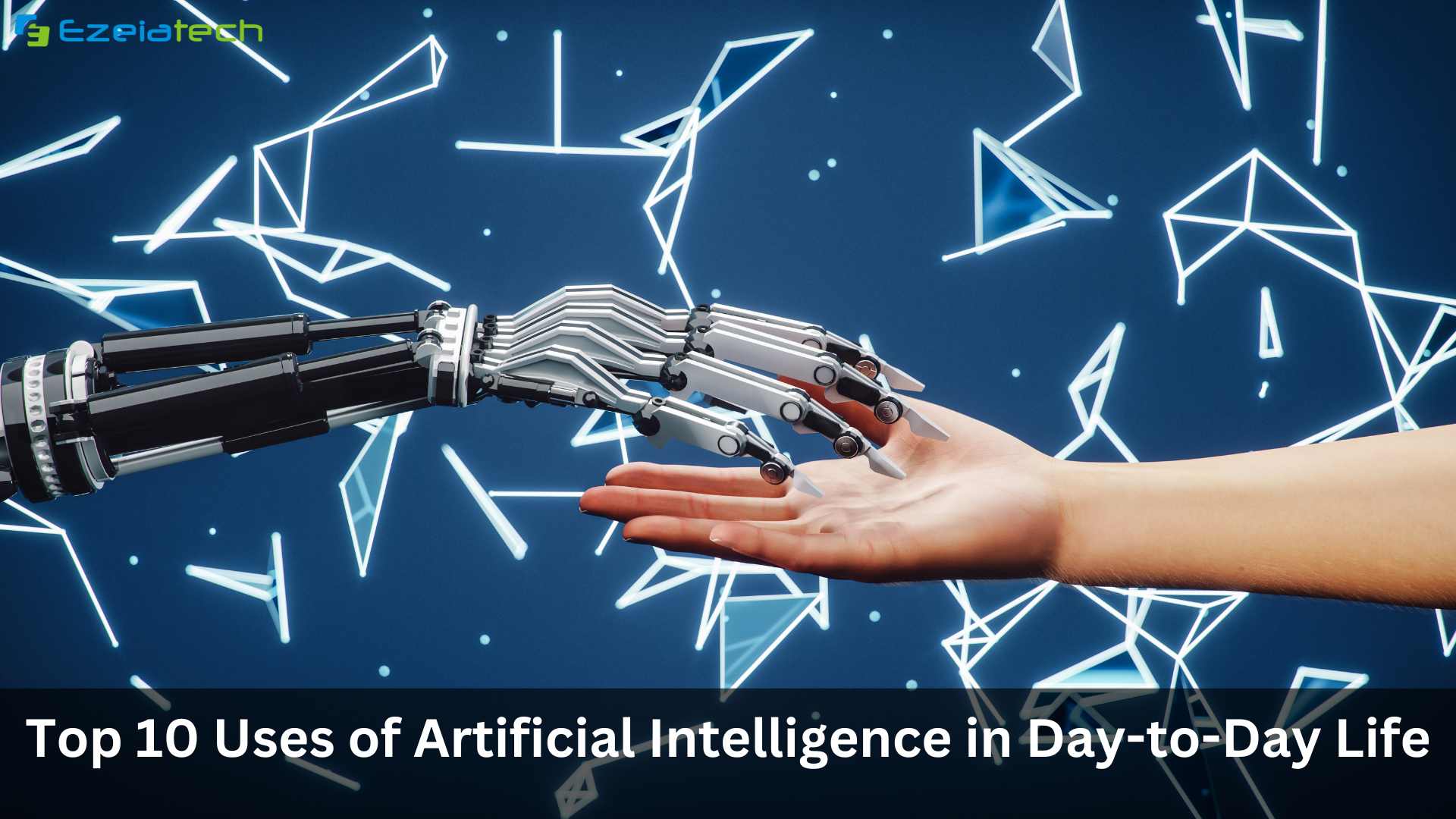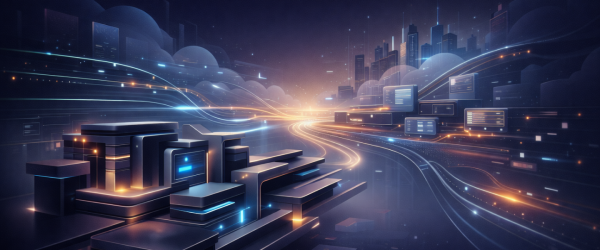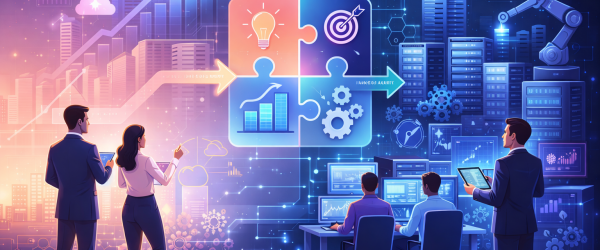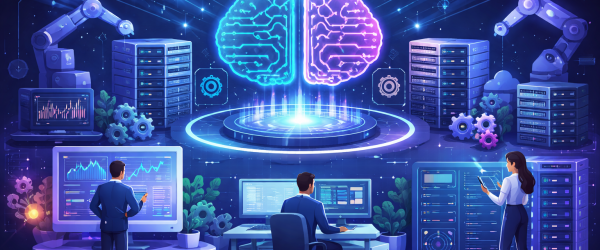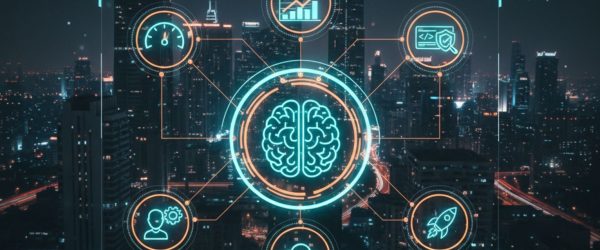Introduction:
In this tech-driven era, Artificial Intelligence (AI) has become an integral part of our daily lives, influencing the way we work, interact, and live. Let’s delve into the two primary categories that encapsulate AI applications and explore the top 10 ways AI is seamlessly integrated into our day-to-day existence.
Categories for AI Usage:
Narrow AI (Weak AI):
Tailored for specific tasks.
Examples: Virtual personal assistants, language translation apps.
General AI (Strong AI):
Possesses human-like cognitive abilities.
Still in theoretical development.
Top 10 Applications of AI Capabilities in Everyday Life:
- Smart Home Systems:
AI enables the creation of intelligent home ecosystems, automating tasks like adjusting temperature, managing security systems, and even predicting user preferences.
- Personalized Virtual Assistants:
Voice-activated assistants like Siri and Alexa leverage AI to comprehend natural language, answer queries, and execute commands, simplifying daily tasks.
- Healthcare Diagnostics:
AI aids in medical imaging analysis, identifying abnormalities in X-rays, MRIs, and CT scans with unmatched precision, facilitating quicker diagnoses. - Autonomous Vehicles:
Self-driving cars harness AI algorithms to navigate roads, enhancing safety and revolutionizing transportation. - Language Translation Services:
AI-driven translation tools break down language barriers, fostering global communication and collaboration. - Predictive Text and Autocorrect:
Everyday texting is streamlined through AI-powered predictive text, which learns from user habits to suggest contextually relevant words. - Fraud Detection in Banking:
AI algorithms analyze transaction patterns to identify and prevent fraudulent activities, ensuring financial security. - Virtual Gaming Environments:
AI enhances gaming experiences by creating responsive, adaptive virtual environments that evolve based on player actions. - Social Media Algorithms:
AI algorithms on platforms like Facebook and Instagram curate personalized content feeds, tailoring the user experience.
- E-commerce Recommendations:
Retail giants leverage AI to analyze user preferences and behavior, providing personalized product recommendations, enhancing the shopping experience.
AI is the Backbone of Technological Progress:
The pervasive influence of AI extends beyond the mentioned applications. It serves as the driving force behind technological progress, continually pushing the boundaries of innovation. AI’s adaptability and problem-solving capabilities contribute to the evolution of various industries, fostering efficiency and growth.
Conclusion:
As we navigate through the realms of smart homes, virtual assistants, and healthcare innovations, it’s evident that AI has seamlessly integrated into our daily lives. Its transformative impact is not just a testament to technological prowess but also a glimpse into a future where AI’s role in day-to-day activities becomes even more profound.
FAQs:
Q1: How does AI impact daily tasks?
AI simplifies daily tasks by automating processes, providing personalized assistance, and enhancing decision-making.
Q2: Is AI only limited to specific industries?
No, AI’s influence spans across various sectors, including healthcare, finance, entertainment, and more, showcasing its versatility.
Q3: What is the difference between Narrow AI and General AI?
Narrow AI is task-specific, while General AI possesses human-like cognitive abilities. General AI is still in theoretical development.
Thank you for reading. For continued insights and in-depth discussions, please follow our blogs at Ezeiatech.

